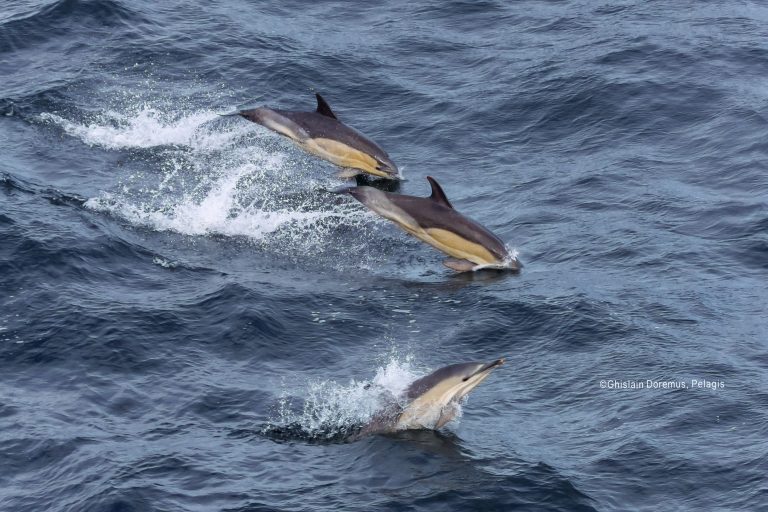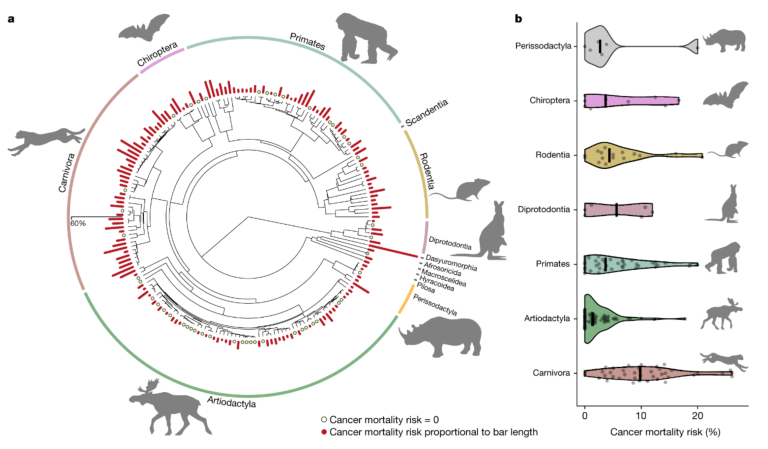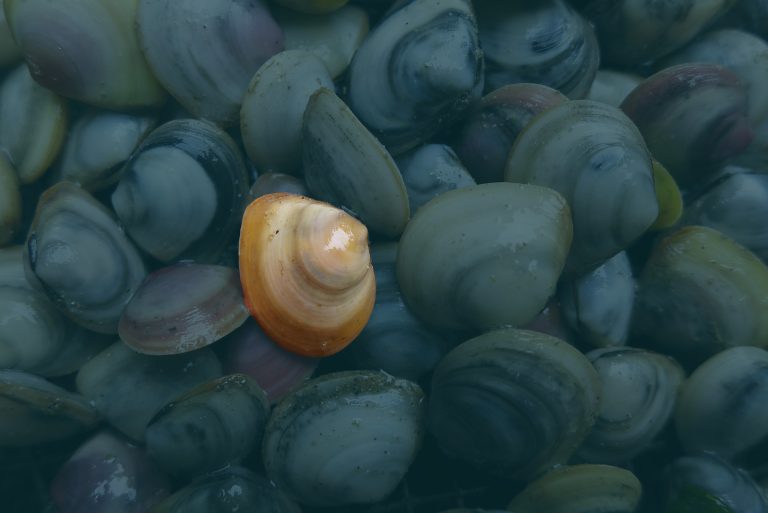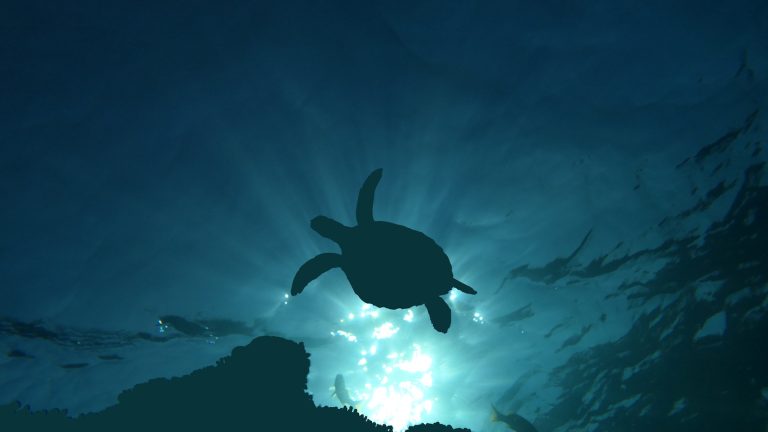research projects

This chaire d’excellence Nouvelle Aquitaine supports a multidisciplinary and integrative project (evolutionary biology, oncology, ecophysiology, bioinformatics, genetics, cell biology) combining an experimental approach in vitro to large-scale comparative analyses in order to: 1) explore the characteristics of vertebrate species associated with greater resistance or susceptibility to cancer; 2) to experimentally study the fundamental mechanisms for tumorigenesis using invertebrate models where the genetic is perfectly known and could be experimentally controlled; and 3) to identify the mechanisms of resistance to cancer of three species of wild vertebrates.

This project proposes to study the cross-species variance in cancer rates across vertebrates and identify key life history, physiology, genetic and cellular predictors of oncogenic phenomena. Moreover, it aims to unravel the cross-species diversity of cancer resistance and highlight future avenues in the identification of efficient tumour suppressor mechanisms (e.g.8).

In this project, a multidisciplinary approach will be used at the interface of ecology, oncology, pharmacology, genetic, ecotoxicology, cellular and evolutionary biology to establish a model system at the LIENSs for long-term studies of transmissible cancer in Macoma Balthica in collaboration with Katarzyna Smolarz from the University of Gdansk (Poland)

This project is monitoring individuals across several sites and since several years to monitor the prevalence and growth dynamics of tumors in relation to environmental conditions and the health of the green turtle individuals of Martinique. Measurements of exposure to pollutants (heavy metals and persistent organic pollutants), virology (different variants of ChHV5) and physiological markers of health are carried out in order to better understand their importance in the dynamic and progression of this disease.

